Q. What characterizes December football, and what's most important for a team that wants to be successful in December?
A. As you push into December, everybody has 10, 11 games of video out there. There are fewer secrets. There are fewer unknowns out there, globally speaking. Personalities are starting to take shape on teams in terms of division of labor, what people are called to do in certain circumstances. With that being said, execution prevails. Detail prevails. Displays of understanding or displays of football knowledge prevail. So it's an exciting time of the year, because the playoff races are starting to come into focus, but purely from a football standpoint, a preparation standpoint, and ultimately in our play, the margin for error is so small that it's an exciting time for competitors.
Often you'll hear commentators say something to the effect of, "The good teams are starting to get hot this time of year," and "They're stacking good performances on top of good performances," and "They're going into the playoffs in the right frame of mind." Or, you hear them talking about teams that are dying on the vine. They're talking about teams that have lost x-number of games in a row and are heading in the wrong direction down the stretch. That's what is being talked about. You're either going to be team on the rise, or you're going to be a team on the decline.
Q. What do you need from your quarterback in December?
A. It's not anything different than what we need from him over the course of the season, but I acknowledge that the job description gets increasingly difficult for the reasons we just talked about – the lack of unknowns, the amount of detail and execution – so it becomes extremely difficult for him to do what it is we need him to do. That position is defined by your ability to move the chains, your ability to convert in situational football – short-yardage, goal-line, red zone, etc. And your ability to take care of the football while you do those things.
Q. In talking about the Giants defense during your news conference, you said, "They wear you down. They are fundamentalists in approach, meaning that they are sound. They are a small-menu group, but they play fast on defense." What does small-menu mean?
A. Meaning that they don't run a lot of plays. They're not a group that week-to-week you're surprised by what you see on tape in terms of new things. There is not a big menu of things. They repeat the things that they do well, and they do those things well. So they may not win certain circumstances at the early stages of the game, but that's irrelevant to them. They believe in what they do and how they do it, and so they wear opponents down over the course of the game. The number of splash plays they get from their people in the final 10-to-15 snaps of the game is indicative of that. Whether that be sack/fumbles by Jason Pierre-Paul or Olivier Vernon, or interceptions by Landon Collins and others on the back end, you really see a splattering of splash plays in the final snaps of the game, and that's reflective of them wearing the opponent down and winning the game by attrition.
Q. Is there such a thing as too simple in this league?
A. There's an argument for that, but you do what your guys are capable of doing, and you do what your guys need to do to win. If it works for them, then it's appropriate.
**
During Week 13, Steelers players will have the opportunity to showcase their chosen charitable cause on their game cleats. See what they will wear.

The Ben Roethlisberger Foundation supports fire and police departments across the country with K-9 units & service dogs.

The Ben Roethlisberger Foundation supports fire and police departments across the country with K-9 units & service dogs.
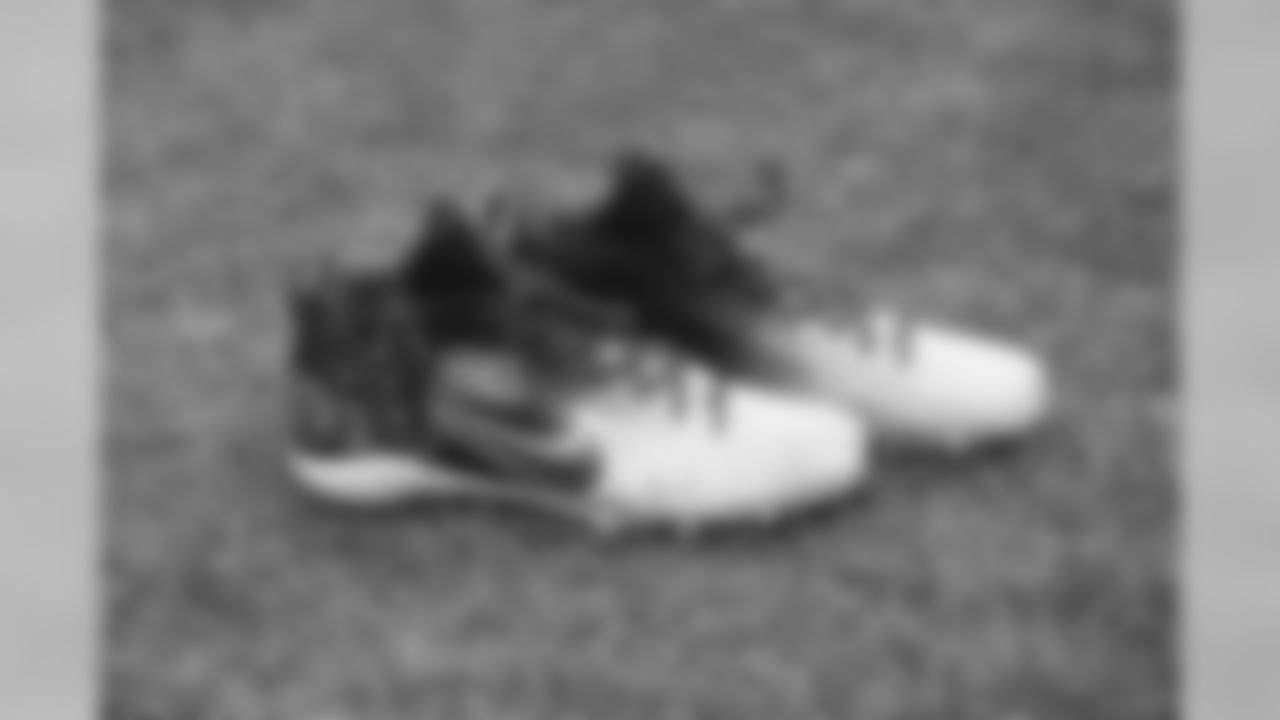
The Ben Roethlisberger Foundation supports fire and police departments across the country with K-9 units & service dogs.
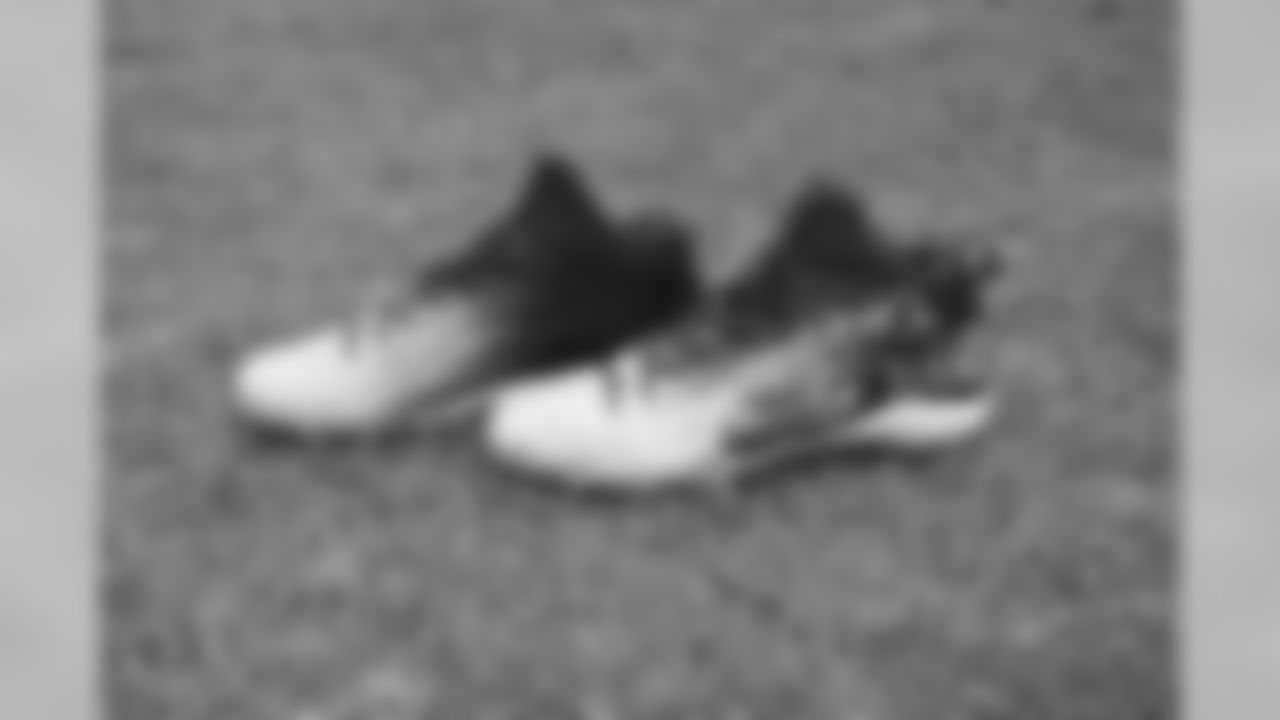
The Ben Roethlisberger Foundation supports fire and police departments across the country with K-9 units & service dogs.

The Ben Roethlisberger Foundation supports fire and police departments across the country with K-9 units & service dogs.

The Ben Roethlisberger Foundation supports fire and police departments across the country with K-9 units & service dogs.

The Ben Roethlisberger Foundation supports fire and police departments across the country with K-9 units & service dogs.

The Ben Roethlisberger Foundation supports fire and police departments across the country with K-9 units & service dogs.

The Ben Roethlisberger Foundation supports fire and police departments across the country with K-9 units & service dogs.

The Ben Roethlisberger Foundation supports fire and police departments across the country with K-9 units & service dogs.

The Ben Roethlisberger Foundation supports fire and police departments across the country with K-9 units & service dogs.

Supporting the Women's Center & Shelter of Greater Pittsburgh, The Refuge House to help raise awareness of domestic violence.
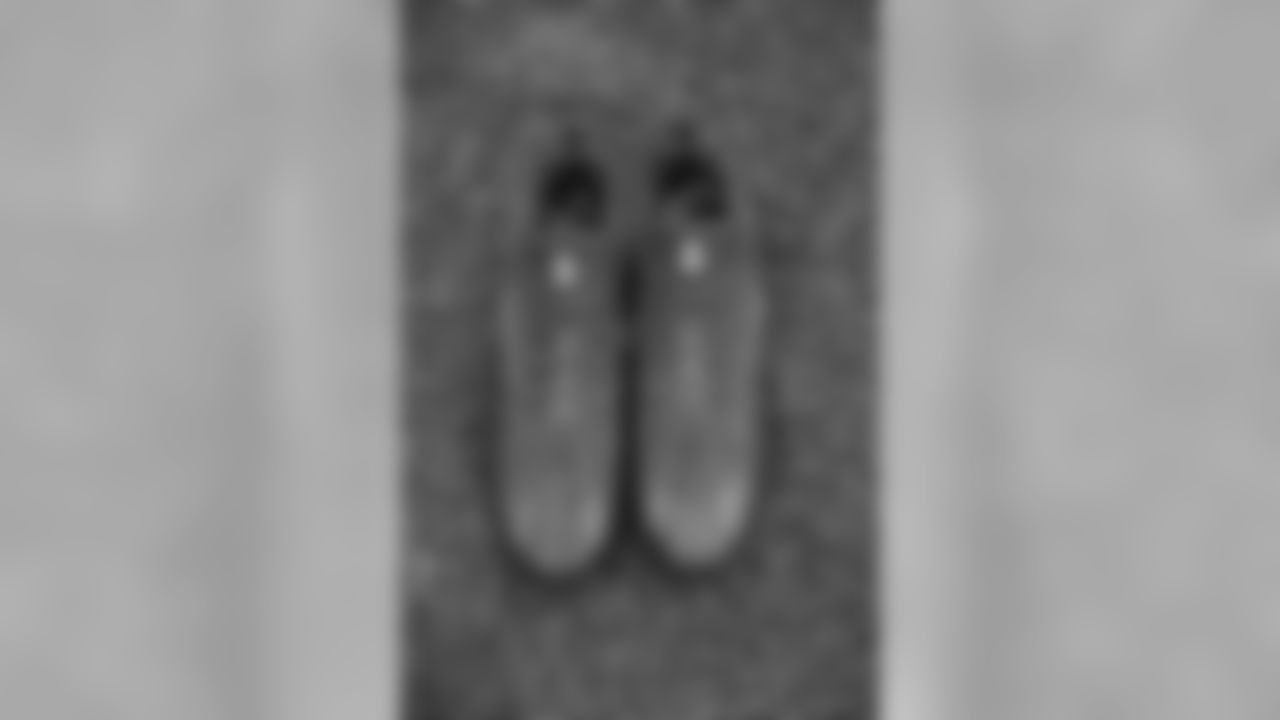
Supporting the Women's Center & Shelter of Greater Pittsburgh, The Refuge House to help raise awareness of domestic violence.

Supporting the Women's Center & Shelter of Greater Pittsburgh, The Refuge House to help raise awareness of domestic violence.

Supporting the Women's Center & Shelter of Greater Pittsburgh, The Refuge House to help raise awareness of domestic violence.
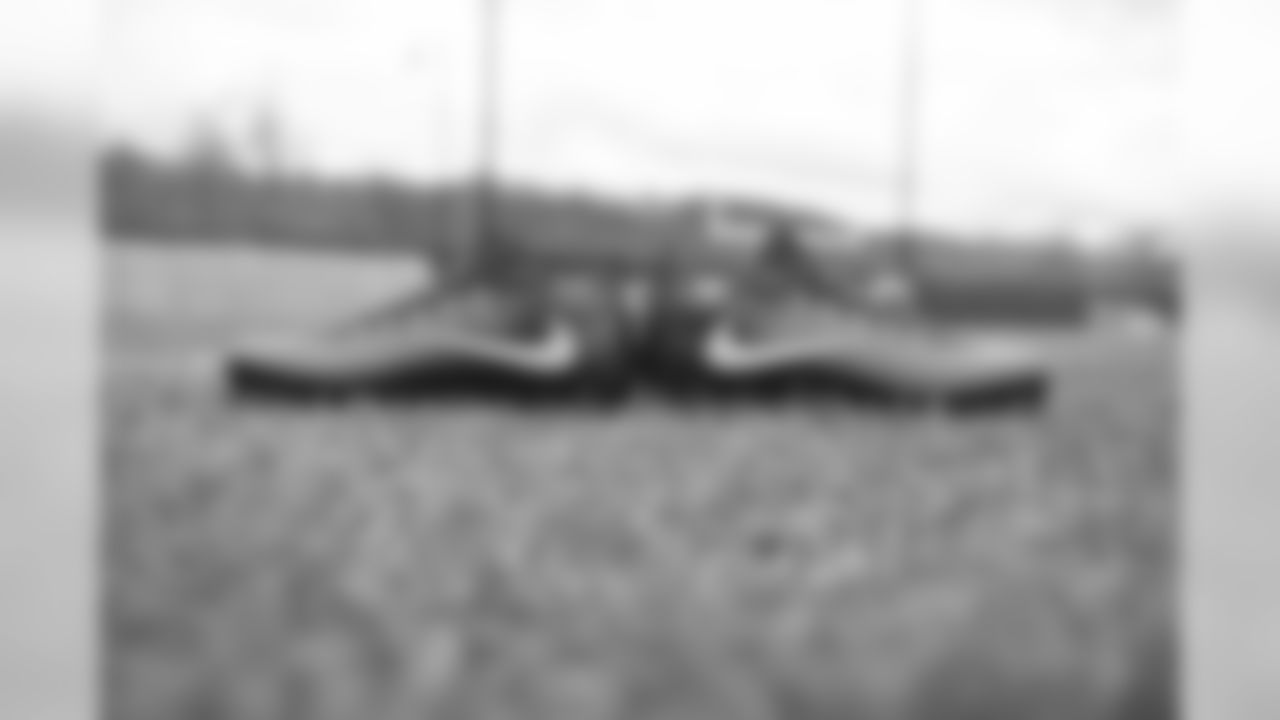
Supporting the Women's Center & Shelter of Greater Pittsburgh, The Refuge House to help raise awareness of domestic violence.

Supporting the Women's Center & Shelter of Greater Pittsburgh, The Refuge House to help raise awareness of domestic violence.
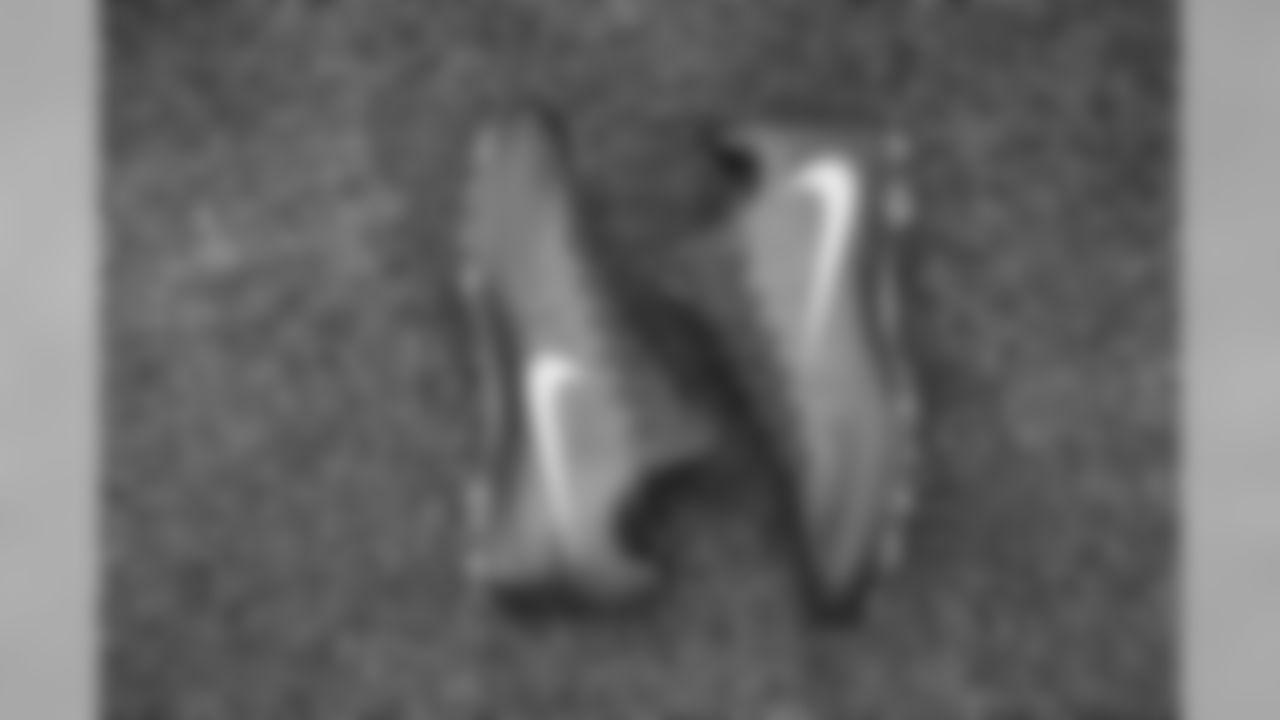
Supporting the Women's Center & Shelter of Greater Pittsburgh, The Refuge House to help raise awareness of domestic violence.

Supporting the Women's Center & Shelter of Greater Pittsburgh, The Refuge House to help raise awareness of domestic violence.

The Cameron Heyward Foundation dba The Heyward House supports cancer research.

The Cameron Heyward Foundation dba The Heyward House supports cancer research.

The Cameron Heyward Foundation dba The Heyward House supports cancer research.

The Cameron Heyward Foundation dba The Heyward House supports cancer research.

The Cameron Heyward Foundation dba The Heyward House supports cancer research.
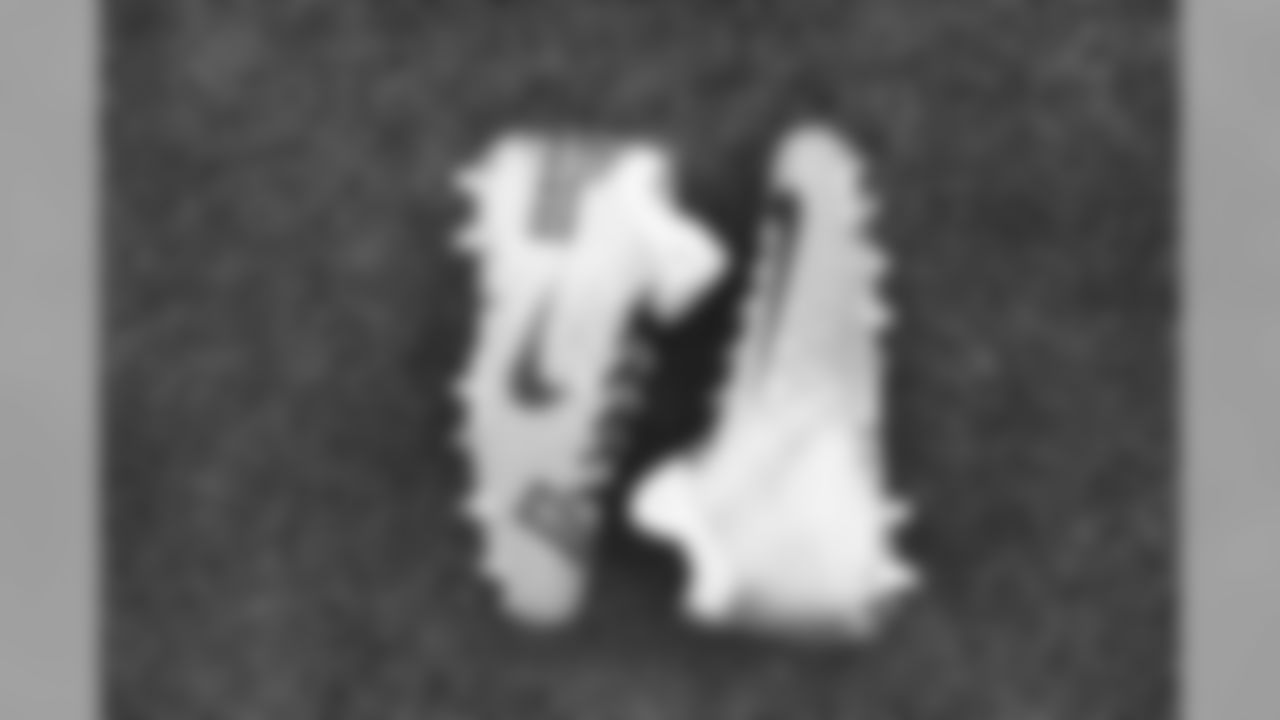
The Cameron Heyward Foundation dba The Heyward House supports cancer research.

The Cameron Heyward Foundation dba The Heyward House supports cancer research.

The Cameron Heyward Foundation dba The Heyward House supports cancer research.

Supporting pediatric brain tumor research through the Pediatric Brain Tumor Foundation.
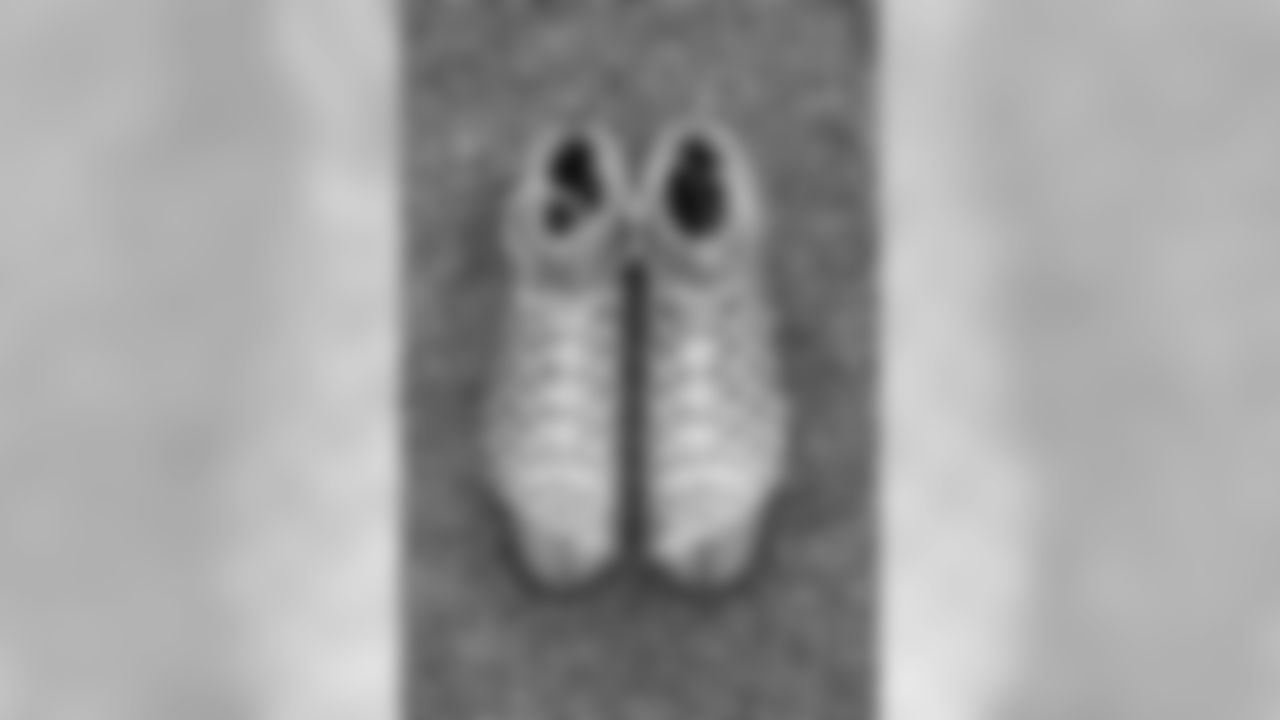
Supporting pediatric brain tumor research through the Pediatric Brain Tumor Foundation.

Supporting pediatric brain tumor research through the Pediatric Brain Tumor Foundation.

Supporting pediatric brain tumor research through the Pediatric Brain Tumor Foundation.

Supporting pediatric brain tumor research through the Pediatric Brain Tumor Foundation.

Supporting pediatric brain tumor research through the Pediatric Brain Tumor Foundation.
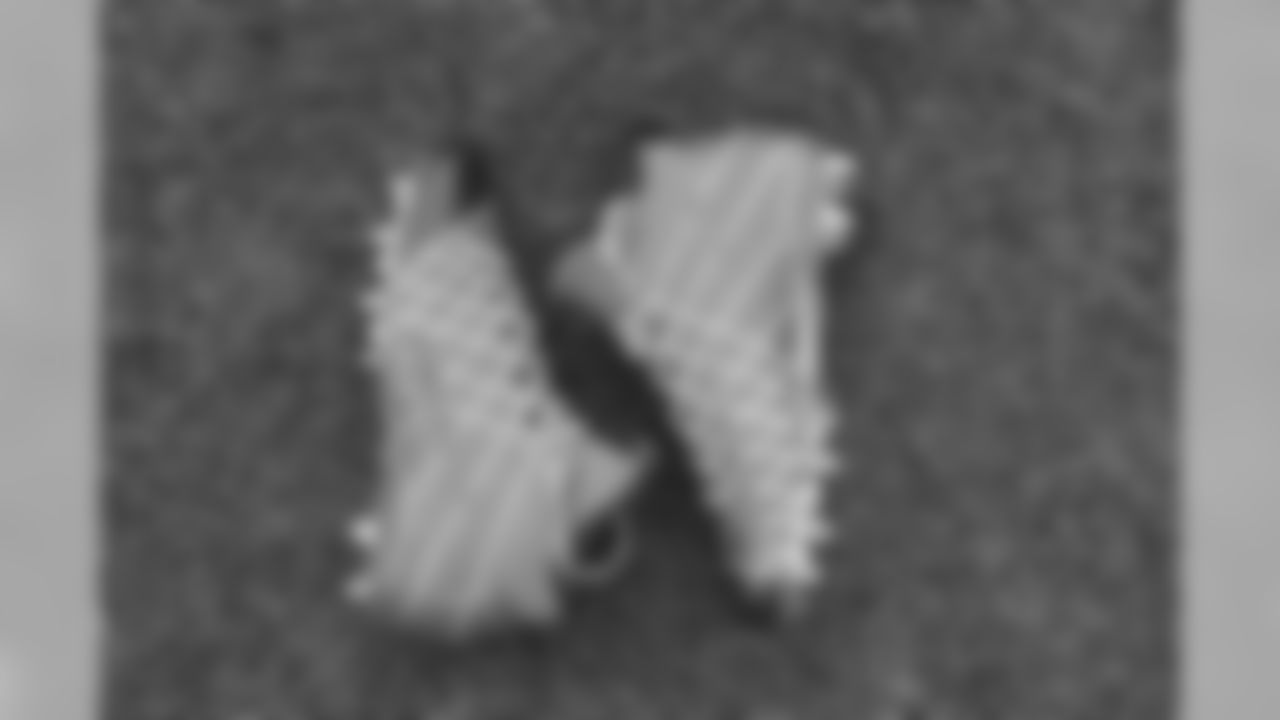
Supporting pediatric brain tumor research through the Pediatric Brain Tumor Foundation.

Supporting pediatric brain tumor research through the Pediatric Brain Tumor Foundation.

The DeAngelo Williams Foundation supports breast cancer research.

The DeAngelo Williams Foundation supports breast cancer research.

The DeAngelo Williams Foundation supports breast cancer research.

The DeAngelo Williams Foundation supports breast cancer research.

The DeAngelo Williams Foundation supports breast cancer research.
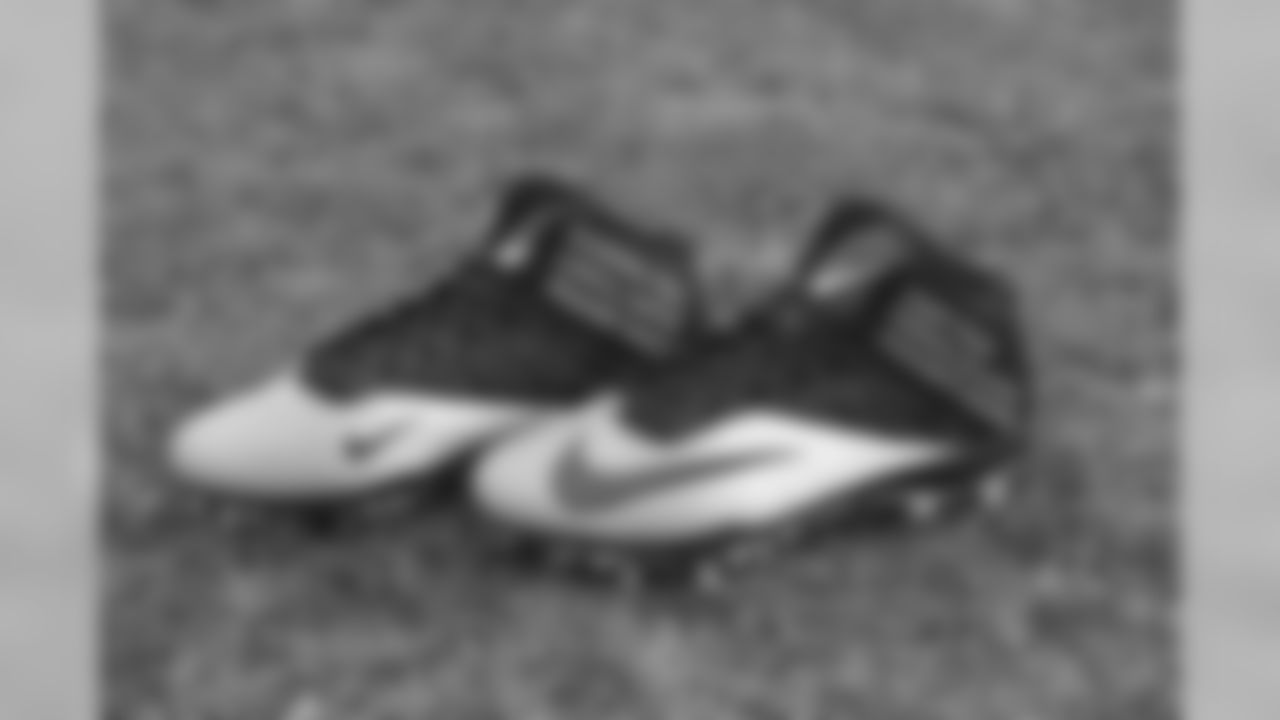
The DeAngelo Williams Foundation supports breast cancer research.

The DeAngelo Williams Foundation supports breast cancer research.

Supporting childhood cancer research through St. Jude.
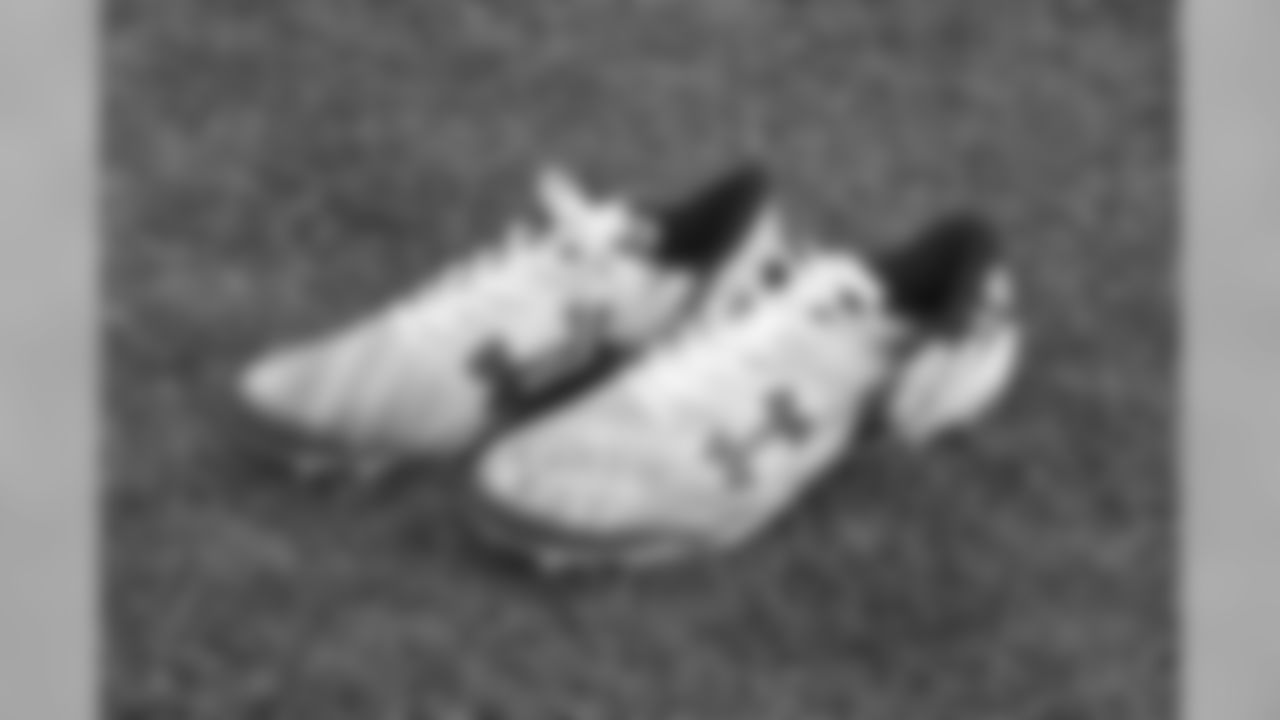
Supporting childhood cancer research through St. Jude.

Supporting childhood cancer research through St. Jude.

Supporting childhood cancer research through St. Jude.

Supporting childhood cancer research through St. Jude.

Supporting childhood cancer research through St. Jude.
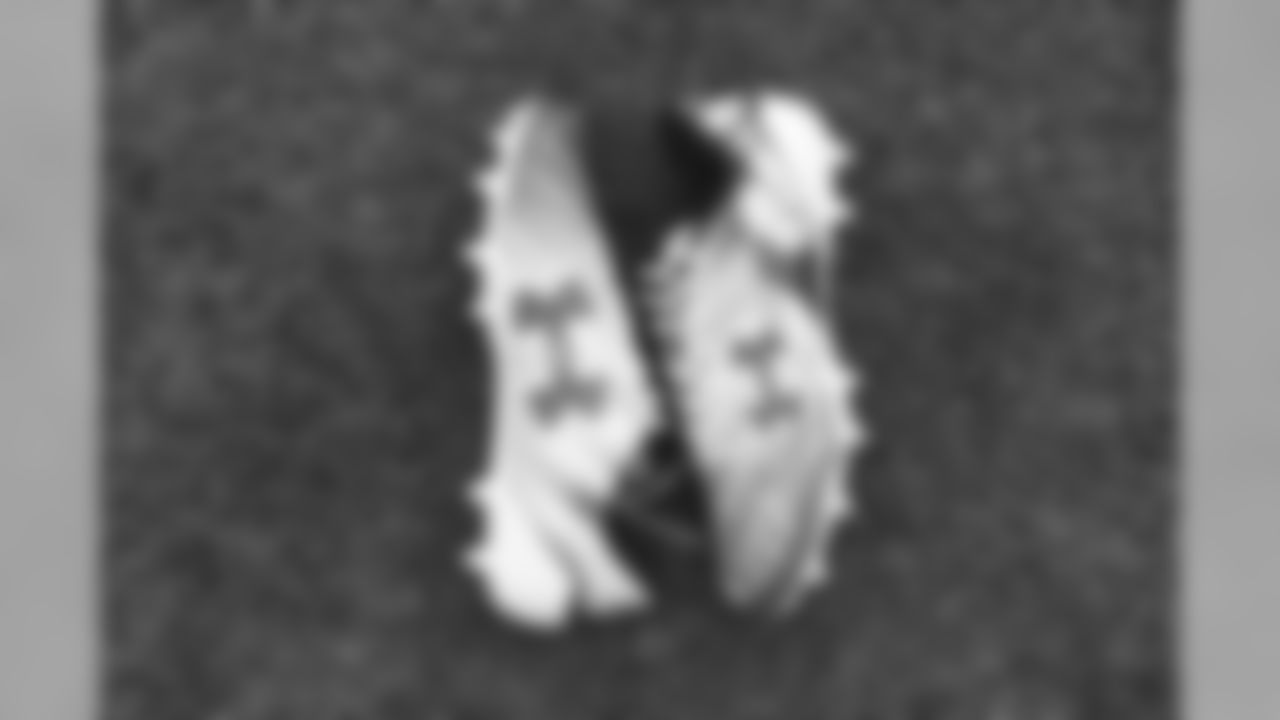
Supporting childhood cancer research through St. Jude.
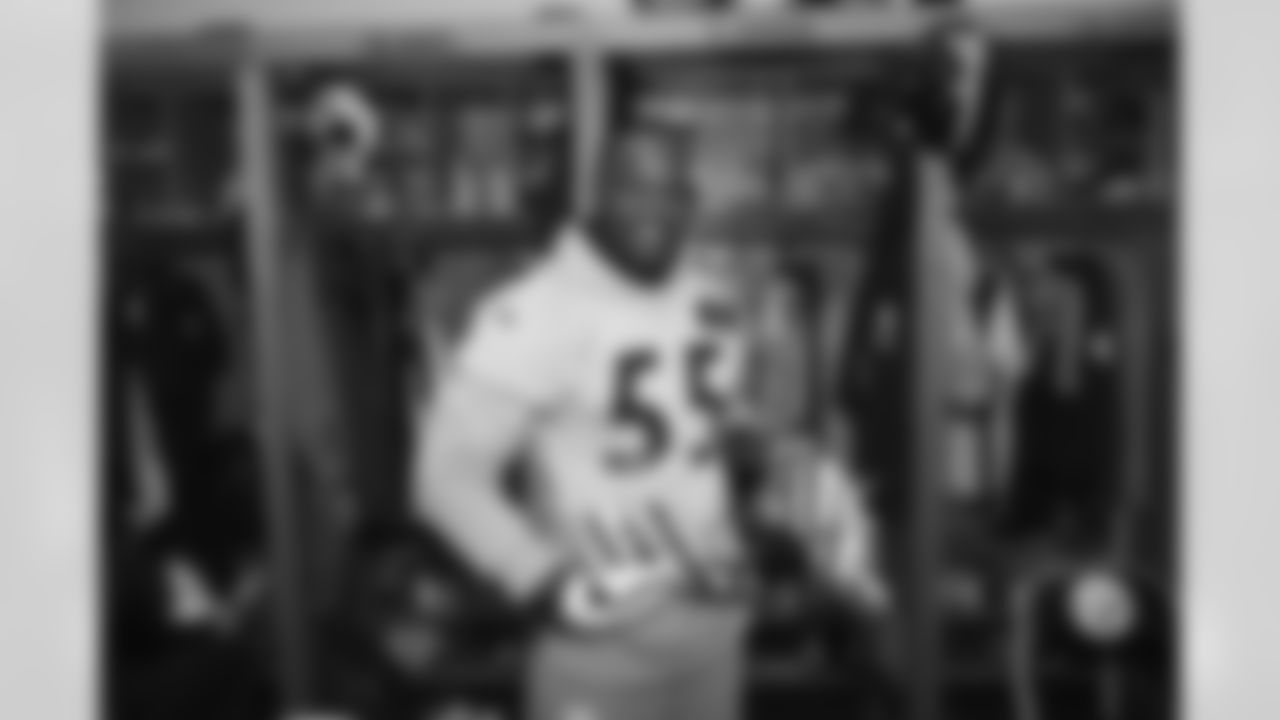
Supporting the Ronald McDonald House Charities of Pittsburgh for children needing transplants.

Supporting the Ronald McDonald House Charities of Pittsburgh for children needing transplants.

Supporting the Ronald McDonald House Charities of Pittsburgh for children needing transplants.

Supporting the Ronald McDonald House Charities of Pittsburgh for children needing transplants.

Supporting the Ronald McDonald House Charities of Pittsburgh for children needing transplants.

Supporting the Ronald McDonald House Charities of Pittsburgh for children needing transplants.

Supporting the Ronald McDonald House Charities of Pittsburgh for children needing transplants.

Supporting the Ronald McDonald House Charities of Pittsburgh for children needing transplants.

Supporting the Ronald McDonald House Charities of Pittsburgh for children needing transplants.

Supporting the Ronald McDonald House Charities of Pittsburgh for children needing transplants.
Q. How do you balance simplicity with what could be called predictability when we're referring to offensive or defensive schemes?**
A. That's something we all fight week in and week out in terms of what is the optimum amount of schematics. Those who subscribe to being fundamentalists, they lean toward less. Those who fancy themselves as strategists or innovators, they lean toward more.
Q. Also during your news conference, you asked Steelers Nation to turn up the volume when the Giants have the ball because Eli Manning likes to operate at the line of scrimmage. How then do you communicate on defense?
A. It's tough for us to combat as well, but we'll take those issues. If our opponent has a tough time communicating when they have the ball, we'll deal with the issues having to do with us communicating under those same circumstances. It's why we practice with crowd noise for our defense as we prepare for home games. Years ago, we would only practice with crowd noise for our offense when we were getting ready for road games. Then it changed, and I realized we needed that same level of preparation for our defense for home games so we can reflect the environment we were going into. Since that time, it has been less of an issue for us.
Q. Is calling a defensive play shorter or simpler than calling an offensive play?
A. It depends on the play, and I mean that for both offense and defense. There are combination calls, they are kill-calls, there are check-calls on defense. The development of coach-player communication on both sides of the ball has lengthened the calls on both sides of the ball, globally speaking.
Q. With respect to the rotation at outside linebacker, will that be pre-determined going into the game, or might the way the game unfolds be what determines which guys get the most snaps that particular day?
A. I believe that now that we have five healthy outside linebackers, moving forward after this game it will be predetermined going into the game. But today we're going to look at who the hot hands are. We may start with five in the rotation and you may see it whittled down to four. All five guys are prepared. All five guys are healthy. We'll start that process of delegating the reps based on performance, which is a good and fair situation to be in.
**
Q. Is it mostly about rushing the passer?**
A. It certainly is. It's about rushing the passer in terms of production, but they also have to reach a certain baseline in terms of technique and assignments.
Q. You coached Troy Polamalu so you know what kind of a player he was, and as his coach you also came up with ways to deploy him in different ways and in different areas of the field. Do the Giants do any similar things with Landon Collins?
A. No. Troy and Landon Collins play the same position, but they're different types of players. Landon probably leans more toward this hybrid safety-linebacker position, whereas Troy had the type of speed and coverage ability where he was more of a safety-cornerback hybrid. Not that Troy was adverse to playing near the line of scrimmage, but I would compare Landon Collins more to guys like Deone Bucannon out in Arizona, a guy who maybe even could be a sub-package linebacker. Landon is a big man, probably 225 pounds, stout in the run game, a good blitzer. But you don't see him covering receivers nearly as much as we asked Troy to routinely do when he was with us.
Q. From what areas of the field does Collins get most of his interceptions?
A. He's covering tight ends. He's covering tight ends quite a bit, and they play quite a bit of zone defense. They get offenses behind the chains, because they're good against the run. That produces a lot of third-and-longs, and they have top-quality defensive ends like Pierre-Paul and Vernon. They let the ends rush and play zone coverage behind it, and often that's a recipe for splash plays. You can simply be a safety sitting on your half-field landmark, and the ball hits you in the face because it's third-and-12 and they're getting great pressure from their defensive ends.
Q. You've been deferring lately after winning the coin toss, even in situations where weather is not an issue. What's your thinking there?
A. There is no global deal there, in terms of being able to package those decisions and find correlations. We simply make the decision week to week, based on the circumstances that are in the stadium. It just so happened that in recent weeks, it has been the same decision. But we'll make the decisions that are pertinent to this game and the variables that determine what's important for us to get off to a good start today.
Q. Would you be willing to reveal what some of those variables are?
A. I absolutely would not. (Laughs)














